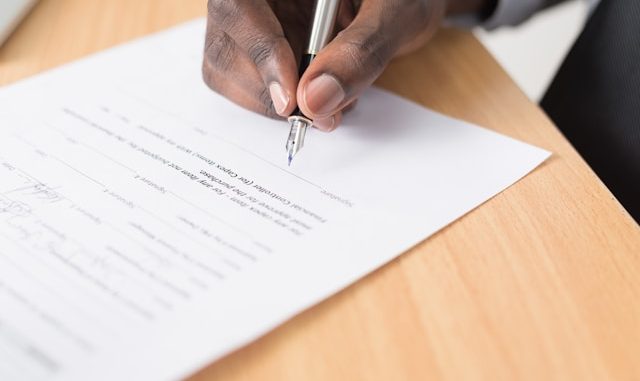
Renting a new place can be exciting, whether it’s your first apartment, a shared house, or a single-family rental. But before you finalize your lease, it’s important to understand how renters insurance works and why it matters. Many renters mistakenly assume their landlord’s policy will protect them, but that’s not the case. Knowing the basics about coverage, costs, and responsibilities can save you from financial headaches later.
Why Landlords’ Insurance Doesn’t Cover Your Belongings
One of the biggest misconceptions is that the landlord’s insurance policy protects tenants’ personal property. In reality, that policy typically only covers the building itself, not what’s inside your unit. This means if there’s a fire, theft, or water damage, your landlord’s insurance will rebuild the structure, but it won’t replace your clothes, electronics, or furniture. Renters insurance steps in to fill that gap by providing protection for your personal belongings.
What Renters Insurance Typically Covers
A standard renters insurance policy usually includes personal property coverage, liability protection, and additional living expenses. Personal property coverage helps repair or replace items that are stolen or damaged by covered events like fire or vandalism. Liability protection covers you if someone is injured in your rental and decides to sue. Additional living expenses help cover hotel stays or temporary housing if your rental becomes uninhabitable due to a covered loss. This combination of coverage makes it a well-rounded safeguard for most renters.
Understanding What Isn’t Covered
Just as important as knowing what renters insurance does cover is understanding what it doesn’t. Damage from floods or earthquakes often requires separate policies. Certain high-value items like jewelry, artwork, or expensive electronics may also have limited coverage unless you purchase additional protection. Before signing your lease, it’s wise to assess your personal property and determine whether the standard policy limits are enough or if you’ll need to add extra endorsements.
The Cost of Renters Insurance
The good news for renters is that insurance is generally very affordable. Most policies cost less than a daily cup of coffee when averaged out monthly. The actual cost will depend on factors like your location, the amount of coverage you select, and whether you add any special protections. In many cases, bundling renters insurance with auto insurance through the same provider can lower costs even further. Considering the value of what you own, the low monthly premium is usually well worth the peace of mind.
Why Your Landlord Might Require It
Some landlords make renters insurance mandatory before allowing tenants to move in. This requirement isn’t designed to benefit the landlord directly but to reduce potential disputes. For example, if your negligence causes damage to the unit or another tenant’s property, your liability coverage helps cover the costs instead of leaving you fully responsible. Even if your landlord doesn’t require it, carrying renters insurance is a smart move to protect yourself.
How to Choose the Right Policy
Before committing to a policy, take an inventory of your belongings to estimate how much coverage you need. Compare policies from different insurers, paying attention not only to price but also to what’s included and excluded. You’ll also want to understand the difference between actual cash value and replacement cost coverage. Actual cash value considers depreciation, meaning you’ll get less money for older items, while replacement cost coverage pays what it would cost to buy a new item at today’s prices.
What to Ask Before Signing the Lease

Alongside reviewing your lease terms about rent, deposits, and rules, be sure to ask your landlord about insurance expectations. Some landlords may ask to be listed as an additional interest on your renters insurance, which allows them to receive updates if your policy lapses. Others might provide specific coverage requirements, such as minimum liability limits. Clarifying these details in advance ensures you’re not caught off guard after signing.
The Role of Renters Insurance in Your Financial Security
For many people, a rental unit is where they keep everything they own. Without insurance, one accident or disaster could wipe out years of savings in a matter of hours. Renters insurance acts as a financial safety net, helping you recover quickly without bearing the entire burden yourself. It’s not just about replacing things but also about protecting your financial stability and peace of mind.
Final Thoughts
Before signing a lease, it’s essential to think beyond just the monthly rent and location. Renters insurance is one of the most important tools you can have to safeguard your belongings and protect yourself from liability. Understanding what it covers, what it doesn’t, and how it works alongside your lease agreement ensures you move in with confidence. A little preparation now can prevent big problems later, making renters insurance a simple yet powerful part of responsible renting.